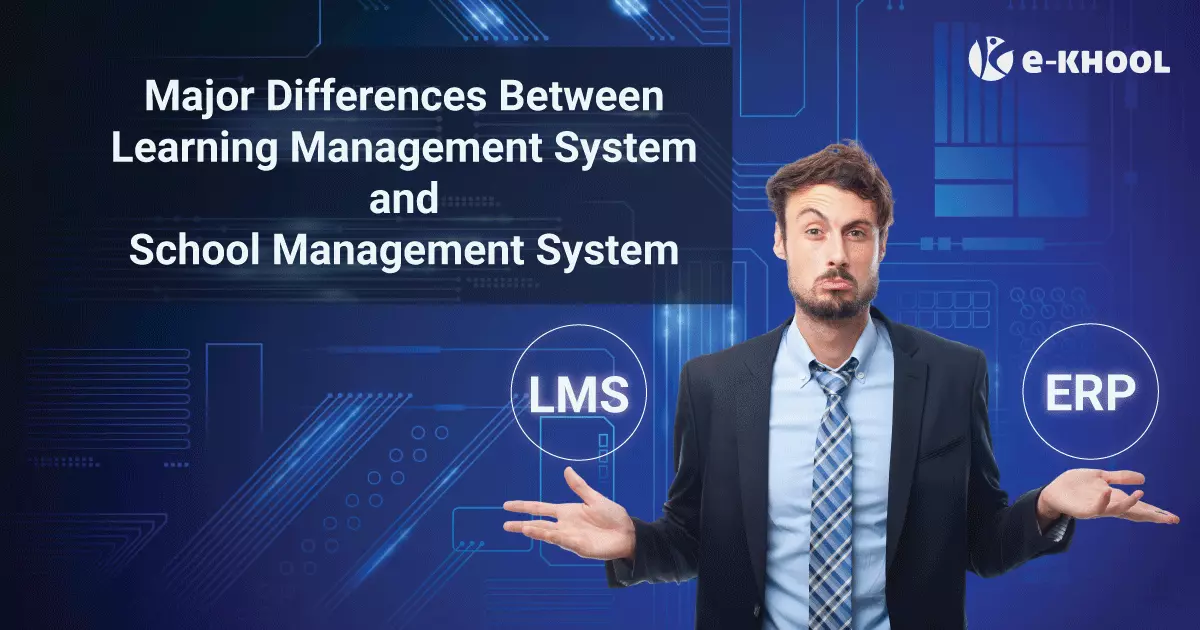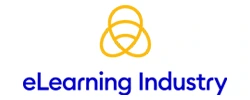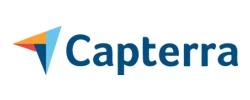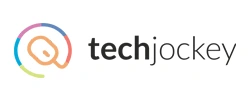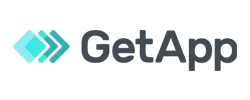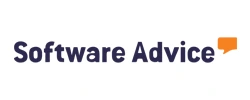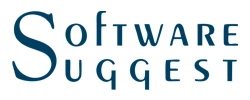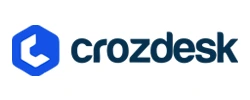LMS portals are online platforms that give instructors and students access to course materials, assignments, quizzes, feedback, and communication tools. ERP in education is a software system that integrates different aspects of an educational institution, including admission, enrollment, fees, payroll, inventory, library, and transportation. The two technologies can improve both the learning experience and the management of educational institutions.
Contents
LMS vs School ERP Software - Comparison
The following comparison table of LMS vs SMS outlines the main distinctions between ERP (Enterprise Resource Planning) and LMS (Learning Management System), two separate software system types that have various uses inside an organization:
|
Feature |
Learning Management System (LMS) |
Enterprise Resource Planning (ERP) |
|
Purposes |
Manages and delivers training and educational content. |
Integrates and manages core business processes across various departments |
|
Focus Area |
Learning and development, training, and education |
Finance, human resources, supply chain, manufacturing, and other business processes. |
|
Functionality |
Course management Content delivery Assessment and grading User tracking and reporting |
Finance and Accounting Human resources Supply chain management Customer relationship management (CRM), and more. |
|
User Base |
Primarily targeted towards employees for training and development |
Used by employees across various departments and management levels. |
|
Modules |
Course management Learning content creation User management and authentication. |
Financial management Human capital management Supply chain management Customer relationship management, and more. |
|
Integration |
May integrate with HR systems for employee data and performance management. |
Integrates with various business functions to provide a holistic view of the organization's operations. |
|
Data Management |
Focuses on learning-related data such as course completion, assessment scores, and user progress. |
Manages a wide range of data including financial transactions, inventory levels, employee records, and customer information. |
|
Reporting |
Reporting is focused on learning analytics and progress tracking. |
Provides comprehensive reporting across all business functions, enabling data-driven decision-making. |
|
Customization |
Customizable to meet specific learning and training needs |
Highly customizable to adapt to the unique processes and workflows of different industries and organizations |
|
Deployment |
Often cloud-based, but can be deployed on-premises as well. |
Can be cloud-based or on-premises, depending on the organization's preferences and requirements |
Also read: How e-khool LMS helps to build an educational app for online learning programs
It is important to remember that, despite their clear specifics, certain organizations may decide to combine LMS features with more comprehensive ERP systems in order to simplify staff development and training procedures.
School ERP can handle the administrative aspects of a school, while LMS can handle the pedagogical aspects of online learning. By integration of School ERP in LMS, schools can achieve a seamless integration of data and functionality across different domains and platforms, and offer a better learning experience for students and teachers. Both tools are essential for modern education and can complement each other and provide a holistic solution for managing and enhancing the teaching and learning process.
What do School ERP and LMS refer to?
While LMS facilitates e-learning by delivering and assessing online courses, such as creating and uploading content, enrolling and tracking learners, grading and reporting, etc., school ERP, a school management system, integrates various functions and data of a school, such as student information, attendance, fees, payroll, inventory, library, etc. Both systems aim to improve the efficiency and quality of education by automating and streamlining various tasks and processes.
How does an LMS differ from ERP software?
While both ERP (Enterprise Resource Planning) and LMS (Learning Management System) software can assist businesses in managing their operations and procedures, they differ in terms of capabilities, breadth, and intended use.
An ERP integrates various business functions and processes, such as accounting, human resources, inventory, sales, marketing, and production. An LMS can help organizations improve their human capital, enhance their skills and knowledge, and foster a culture of learning. ERP software can help organizations improve their productivity, profitability, customer satisfaction, and competitive advantage. An LMS enables learners to access courses, materials, and assessments online and gives instructors and administrators the tools to create, manage, and evaluate learning programs.
Integration of LMS portals & ERP in education
Enterprise resource planning (ERP) software and learning management system (LMS) portal integration is a smart step that can improve the efficacy, efficiency, and caliber of educational services. Through the integration of ERP in LMS portals, educational institutions can achieve the following benefits:
- Simplify data flow and communication between various departments and stakeholders, including teachers, students, parents, and administrators.
- Cut down on operational costs and errors by removing redundant and inconsistent data across multiple systems.
- Boost decision-making and planning with up-to-date, accurate information on staff and student performance, progress, and needs.
- Improve user experience and satisfaction by providing a single sign-on and seamless access to all pertinent resources and services.
- Promote innovation and collaboration by allowing users and groups to share best practices, feedback, and ideas.
Everything you need to know about e-khool LMS
e-khool is an all-inclusive learning management system (LMS) and enterprise resource planning (ERP) solution that helps educators create engaging and personalized learning experiences for their students while also streamlining the processes of enrollment, attendance, assessment, grading, reporting, and communication. Packed with features like a digital library, school management system, school information management system, school portal, and business intelligence, e-khool enables educational institutions to manage their academic, administrative, and financial operations efficiently and effectively.
e-khool is a comprehensive digital transformation platform that enables educators to provide high-quality instruction in the twenty-first century. It is more than just an LMS and ERP solution.
Frequently Asked Questions
1. What is the difference between LMS and ERP?
LMS stands for Learning Management System, which is a software application that allows educators to create, manage, and deliver online courses and learning activities. ERP stands for Enterprise Resource Planning, which is a software system that integrates various business functions and processes, such as accounting, human resources, inventory, and sales.
2. How can LMS and ERP work together?
LMS and ERP can work together to streamline the administration and management of educational institutions. For example, LMS can provide data on student enrollment, progress, and performance, which can be transferred to ERP for billing, reporting, and analysis. ERP can also provide data on staff payroll, budget, and resources, which can be used by LMS for planning, scheduling, and allocation.
3. What are the benefits of using LMS and ERP?
- Using LMS and ERP can offer many benefits for educational institutions, such as:
- Improving efficiency and productivity by reducing manual tasks and errors
- Enhancing communication and collaboration among stakeholders by providing a centralized platform
- Increasing quality and consistency of education delivery by standardizing processes and content
- Supporting data-driven decision-making by providing accurate and timely information
- Enabling scalability and flexibility by adapting to changing needs and requirements.
4. What are the challenges of using LMS and ERP?
Using LMS and ERP can also pose some challenges for education institutions, such as:
- High initial cost and maintenance of the software systems
- Complex integration and customization of the software systems
- Potential security and privacy risks of storing sensitive data online
- Need for adequate training and support for the users of the software systems
- Resistance to change and adoption of new technologies by some users.
Conclusion
In conclusion, learning management systems (LMS) and enterprise resource planning (ERP) systems are two different types of software that can be used in education. LMS is designed to facilitate online learning, course management, assessment, and communication between teachers and students. ERP systems are designed to integrate various administrative functions, such as finance, human resources, student information, and inventory management. While both systems can improve the efficiency and quality of education, they have different purposes, features, and benefits. Therefore, educational institutions should carefully evaluate their needs and goals before choosing one or both systems.

